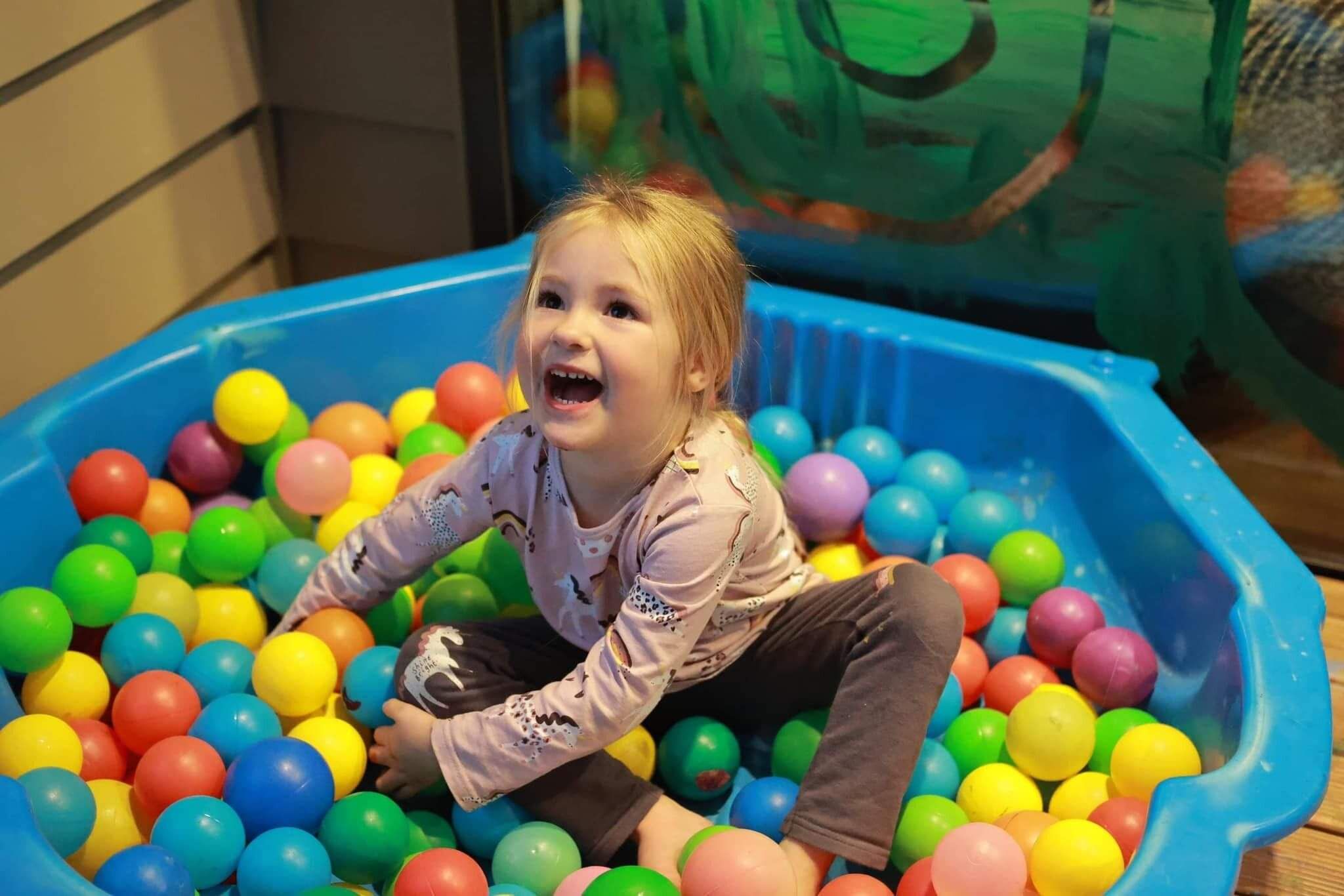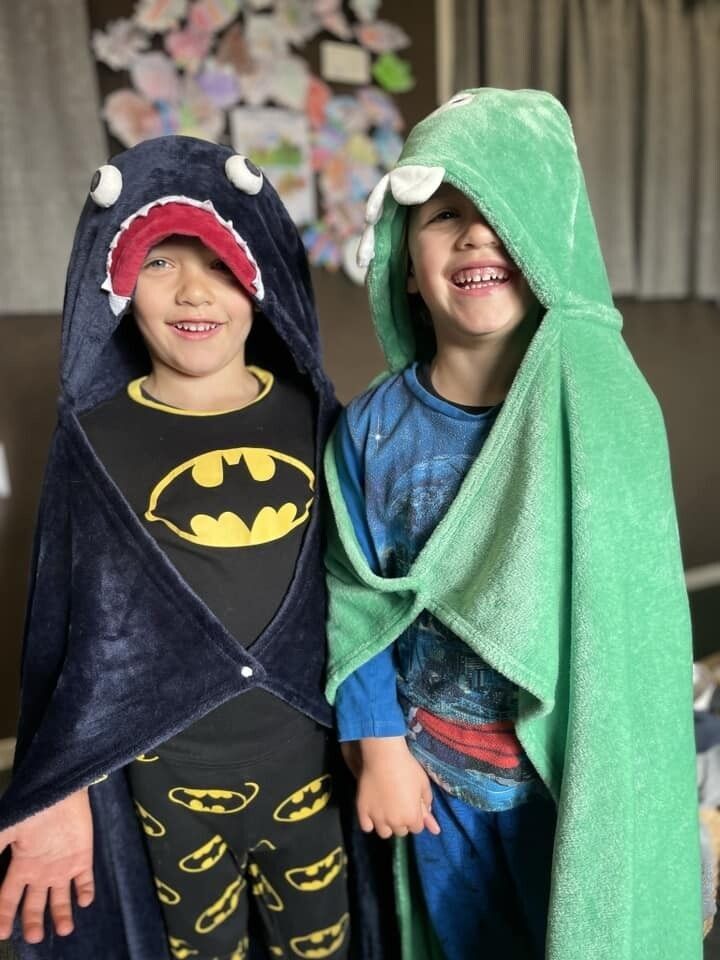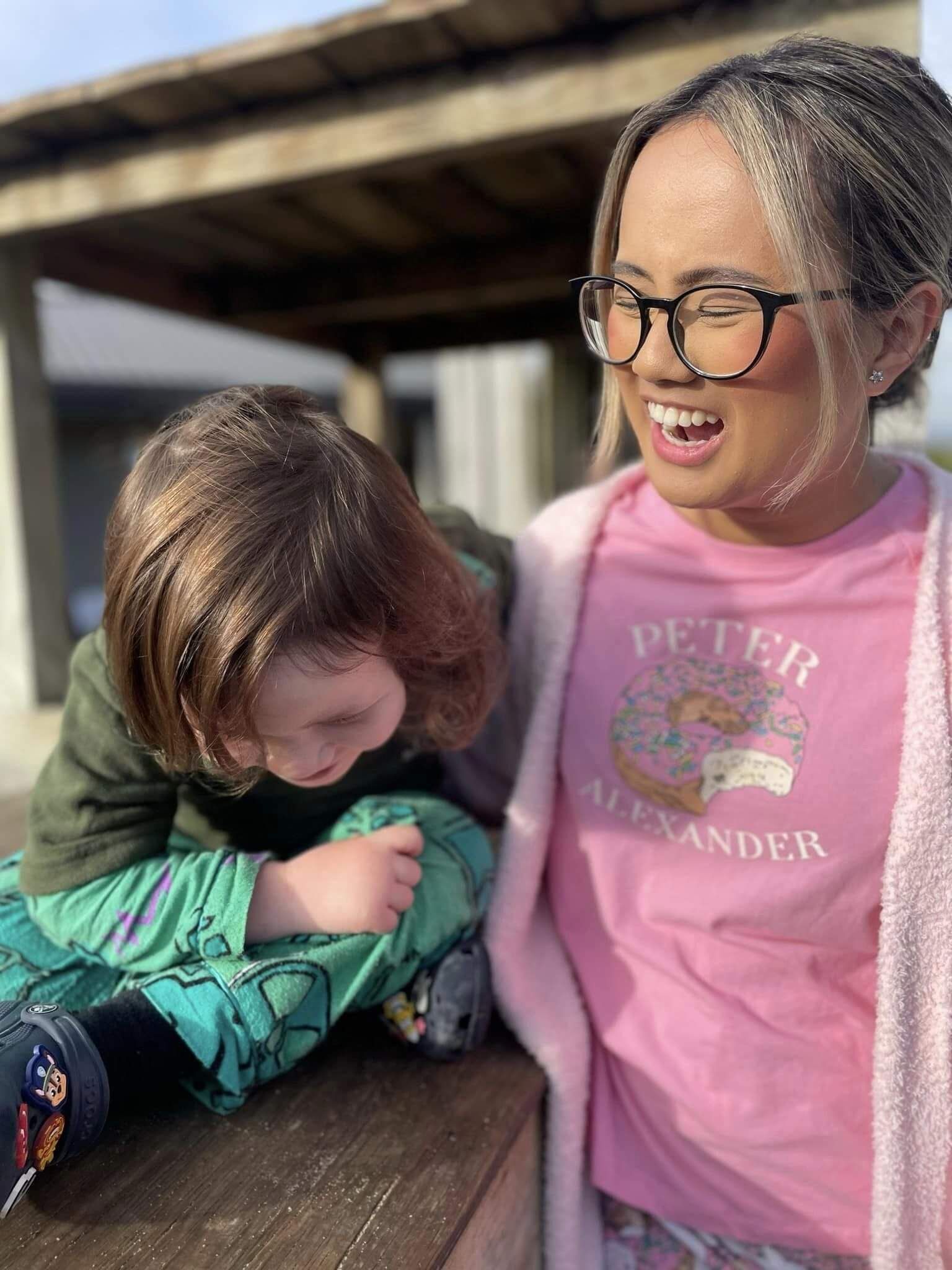Our Philosophy
Urban Explorers values the importance of relationships with our tamariki and whānau.
Our centre is our learning community where tamariki are encouraged to explore the natural world through play as we learn about who we are, where we are from and what we are capable of achieving.
Through aroha and real-life experiences, we encourage our tamariki to build on their inner and social confidence. We embrace the unique place of Māori as tangata whenua and acknowledge the importance of Te Tiriti o Waitangi.
Being part of a diverse community in Pokeno we respect and welcome all cultures. Through this we help build a natural caring curiosity for the world around us.
It is at the highest importance that we promote respectful, trusting and meaningful relationships with our Urban Explorers whanau and wider community, all while supporting our tamariki to become independent and empowered learners.
As kaiako we provide a safe and secure learning environment which is nurtured through the inclusiveness of children’s evolving interests and being adaptable to children’s natural talents. With aroha and compassion, we celebrate the uniqueness of every tamaiti by respecting who they are and value the contribution they bring to our whānau.


We encourage and appreciate the awareness of the bi-cultural heritage within New Zealand and we value each family’s cultural diversity and identity.
These multi-cultural values are interwoven and visible in our curriculum and environment.

Our Curriculum
Our stunning rural surroundings provide the perfect backdrop for our early childhood education curriculum where our highly skilled kaiako guide children through a diverse and carefully crafted curriculum that is underpinned by Te Whāriki, the National NZ Early Childhood Education Framework.
Te Whāriki is founded upon four principles:
Empowerment | Whakamana – Early childhood curriculum empowers the child to learn and grow
Holistic Development | Kotahitanga – Early childhood curriculum reflects the holistic way children learn and grow
Family and Community | Whānau Tangata – The wider world of family and community is an integral part of early childhood curriculum
Relationships | Ngā Hononga – Children learn through responsive and reciprocal relationships with people, places and things
Te Whāriki – the national Early Childhood Education curriculum
Te Whāriki is founded on the following aim for children; to grow up as competent and confident learners and communicators, healthy in mind, body, and spirit, secure in their sense of belonging and in the knowledge that they make a valued contribution to society.
